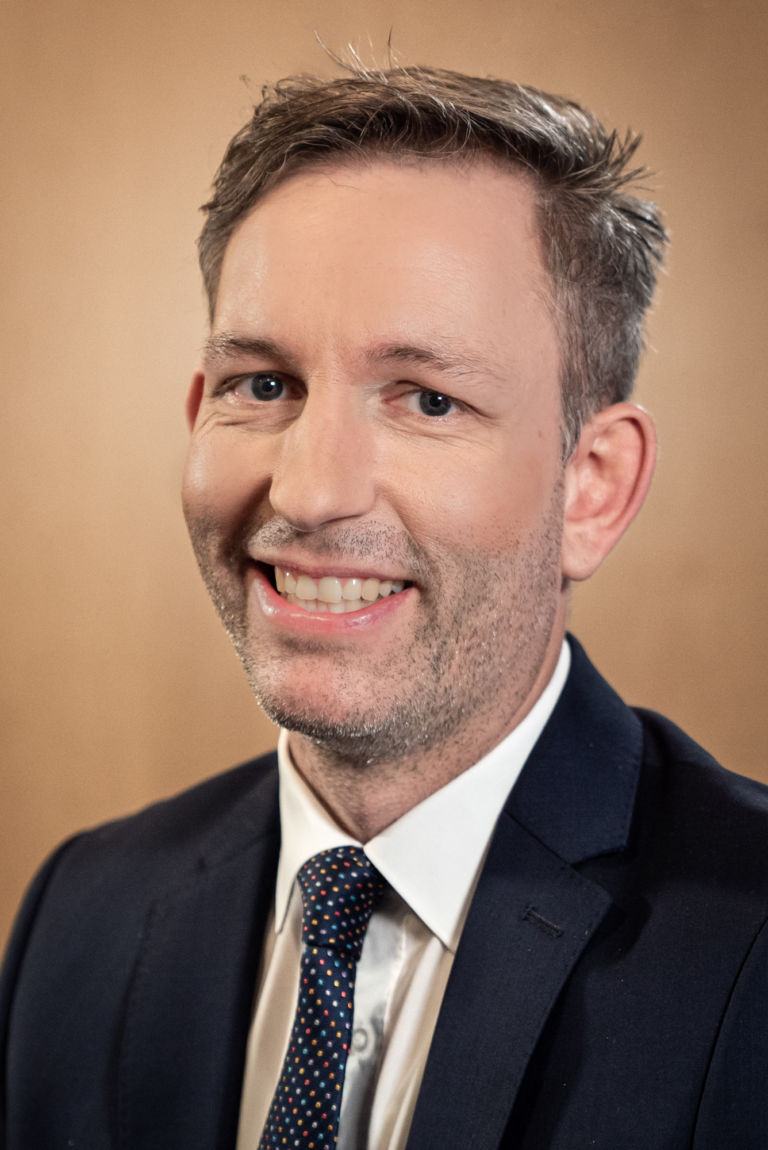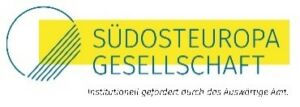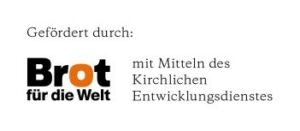With the following button you will be redirected to Google Translate:
to Google TranslateNEW WIND IN EUROPE’s WESTERN BALKAN POLICY?
Shaping the Meantime to Accession by Regional Initiatives?
22.11.2024 - 24.11.2024
Thema
The development in the Western Balkan countries has been difficult in the past years: Despite of the “Zeitenwende”, the EU enlargement process looks still stuck.. At the same time, the countries are facing a multitude of challenges, ranging from economic development, political instability and democratic backsliding, emigration, and the meddling of external authoritarian actors, to the repercussion of climate change and environmental pollution. Against this backdrop the EU has started several processes and policy initiatives to tackle these issues and at the same time to support the countries of the region in the accession process for enlargement. These platforms and policies like the Berlin Process, the Economic and Investment Plan, the Green Agenda or the Growth Plan are stressed to be not an alternative, but rather a support for enlargement policy.
This event will take a look at the challenges the Western Balkans are currently facing and discuss in how far the EU’s engagement in the region besides the enlargement process has the potential to both tackle the region’s challenges as well as to support enlargement.
This conference follows the Chatham House Rule. It is a joint project of the Southeast Europe Association (SOG), the German Eastern Business Association and the Protestant Academy Loccum. The working language will be English. German-English interpretation will be provided on request.
Medien
„Drei Fragen an …“ David McAllister zur Zukunft der Außen- und Sicherheitspolitik der EU vor dem Hintergrund des Ukraine-Krieges und der zweiten Präsidentschaft von Donald Trump. David McAllister ist Mitglied des Europäischen Parlaments (CDU) und Vorsitzender des Ausschusses für auswärtige Angelegenheiten. Herr McAllister stellte sich unseren Fragen am 24. November 2024 am Rande dieser Tagung.
Downloads
-
FES_Southeast Europe_Youth Study 2024
-
WB Competitiveness Outlook 2024
Programm
zur DruckversionAnja QUIRING, Regional Director South-Eastern Europe, German Eastern Business Association, Berlin
Christian HAGEMANN, Executive Director, Southeast Europe Association, Munich
Thomas MÜLLER-FÄRBER, Protestant Academy Loccum
Simonida KACARSKA, Director, European Policy Institute (EPI) Skopje
Moderation: Thomas MÜLLER-FÄRBER, Protestant Academy Loccum
Eric NELSON, U.S. Ambassador ret. to Bosnia-Herzegovina, Garmisch-Partenkirchen
Viola von CRAMON, Western Balkan-Expert and former Member of the European Parliament, Göttingen
Niels von REDECKER, Head of the Department on Western Balkans, German Federal Foreign Office, Berlin
René TROCCAZ, Special Envoy for the Western Balkans, French Ministry for Europe and Foreign Affairs, Paris
Valbona ZENELI, Senior Fellow at Europe Center and Scowcroft Center for Strategy and Security, Atlantic Council of the United States. Visiting Scholar Minda de Gunzburg Center for European Studies, Harvard University
Moderation: Michael MARTENS, Journalist, Southeast Europe Correspondent, FAZ (Frankfurter Allgemeine Zeitung), Frankfurt a.M./Vienna
Book presentation “Ankommen” by Vedran DžIHIĆ Senior Research at the Austrian Institute for International Affairs (oiip), lecture at the University of Vienna and non-resident Senior Fellow at the Center for Transatlantic Relations, Vienna
Moderation: Adelheid FEILCKE, Director of Programmes for Europe, Deutsche Welle, Bonn
Christoph BEECK, Board Member, ProCredit Bank, Frankfurt a. Main
Umur GÖKCE, Economic Advisor, Southeast Europe Division, Global Relations Secretariat, OECD, Paris
Dragan STANOJEVIĆ, Assistant Professor, Faculty of Philosophy, University Belgrade and Co-Autor of the Friedrich-Ebert Foundation’s Southeastern Europe Youth Study 2024/2025, Belgrade
Moderation: Anja QUIRING, Regional Director South-Eastern Europe, German Eastern Business Association, Berlin
Verena ALLERT, Senior Advisor, Energy Transition Collaboration Western Balkans, Germanwatch, Berlin
Vladimir ĐURĐEVIĆ, Professor at Institute of Meteorology, Faculty of Physics, Belgrade
Aleksandra TOMANIĆ, Executive Director, European Fund for the Balkans, Belgrade
Moderation: Hansjörg BREY, Member of the Managing Board, Southeast Europe Association, Munich
Adnan ĆERIMAGIĆ, Senior Analyst, European Stability Initiative, Berlin
Moderation: Christian HAGEMANN, Executive Director, Southeast Europe Association, Munich
Against the background of the difficulties in the EU accession process for the Western Balkan countries, this ideas workshop will scrutinize the policy initiatives of the EU and its Member States that are trying to have an impact in the region in different areas and with different approaches. Particular attention will be paid to the Berlin Process, the Economic and Investment Plan / the EU's Green Agenda, and the New Growth Plan. Using the thesis paper method and elements of pre-conference polling among participants, this interactive part of the conference aims to assess what impact these European policy initiatives towards the Western Balkans can have, what difficulties and obstacles arise, and where there are opportunities for improvement. The timing of this discussion is favorable. The new legislature of the European Parliament, which has just started, and the new EU Commission, which is taking office, offer opportunities to set a new course in Western Balkans policy.
Marika DJOLAI, Researcher and Policy Analyst, BiEPAG (Balkans in Europe Policy Advisory Group), London
Rebecca FISCH, Junior Expert Group, Southeast Europe Association (SOG)
Florent MARCIACQ, Deputy Secretary-General, Austro-French Centre for Rapprochement in Europe, Vienna/Paris
Silvana MOJSOVSKA, Professor at the Institute of Economics, Skopje University, Skopje
Klodjan SEFERAJ, Programme Manager, Open Society Foundation Western Balkans, Tirana
Moderation: Thomas MÜLLER-FÄRBER, Protestant Academy Loccum
Ajla AHMETOVIĆ, Junior Expert Group, Southeast Europe Association (SOG)
Verena ALLERT, Senior Advisor, Energy Transition Collaboration Western Balkans, Germanwatch, Berlin
Agron DEMI, Director, Balkan Green Foundation (BGF), Pristina
Aleksandar MACURA, Co-founder and Program Director, RES Foundation, Belgrade
Ivana MARKOVIĆ BOSKOVIĆ, Senior Expert on Green Agenda, Regional Cooperation Council, Sarajevo (online)
Moderation: Christian HAGEMANN, Executive Director, Southeast Europe Association, Munich
Ardian HACKAJ, Research Director and Coordinator of Tirana Connectivity Forum, Cooperation and Development Institute (CDI), Tirana
Philip PILJIĆ, Chairman, Junior Expert Group, Southeast Europe Association (SOG)
Stefan RISTOVSKI, Senior Researcher, European Policy Institute, Skopje
Milica UVALIĆ, Visiting Fellow, Robert Schumann Centre for Advanced Studies, European University Institute (EUI), Florence
Valbona ZENELI, Senior Fellow at Europe Center and Scowcroft Center for Strategy and Security, Atlantic Council of the United States. Visiting Scholar Minda de Gunzburg Center for European Studies, Harvard University
Moderation: Anja QUIRING, Regional Director South-Eastern Europe, German Eastern Business Association, Berlin
We will start the workshop phase with focused presentations of the theses papers (approx. 12 Minutes each). These will be commented on and discussed by the working group.
Based on the discussion of the theses papers the groups will further split up and work more closely on some key aspects.
In the final part the results/pinboard will be put into a presentable form and prepared for the presentation in the plenary session the next morning.
(in plenary)
Albert HANI, Secretary General, Regional Youth Cooperation Office, Tirana
David McALLISTER, Member of European Parliament (Christian Democrats), Chairmann of the Committee on Foreign Affairs, Brussels/Bad Bederkesa
Manuel SARRAZIN, Special Representative for the Countries of the Western Balkans, President of the Southeast Europe Association, Hamburg
Marta STACHOWIAK, Director, Department for European Union External Policy, Polish Ministry of Foreign Affairs, Warsaw (online)
Moderation: Adelheid WÖLFL, South-Eastern Europe Correspondent, Der Standard, Sarajevo




